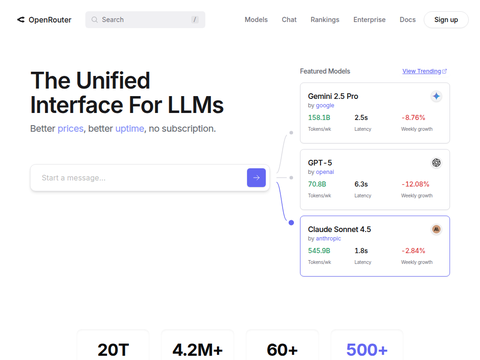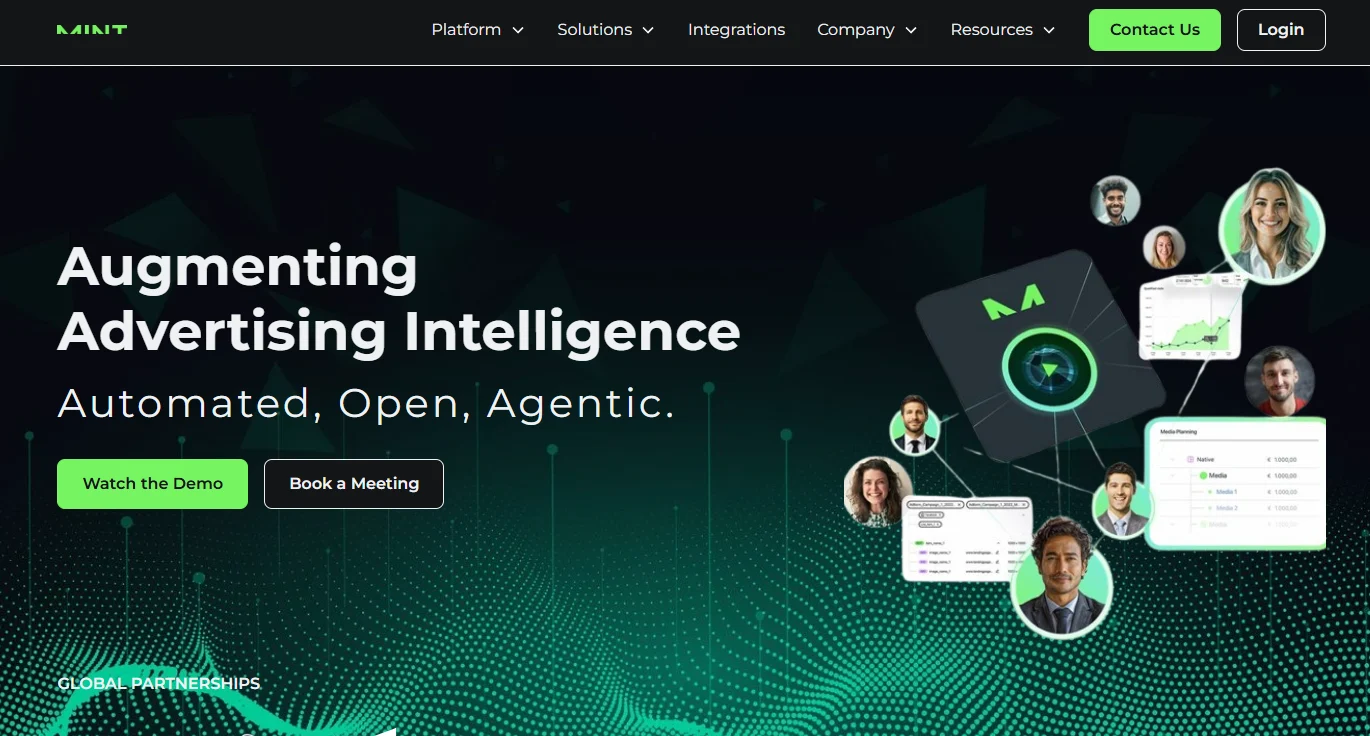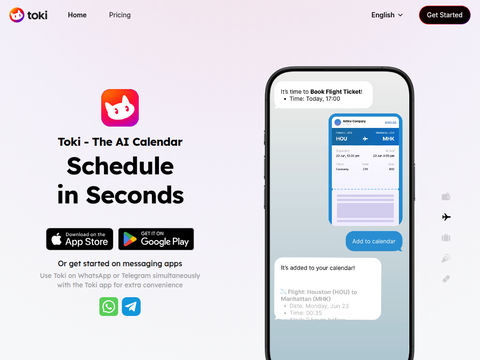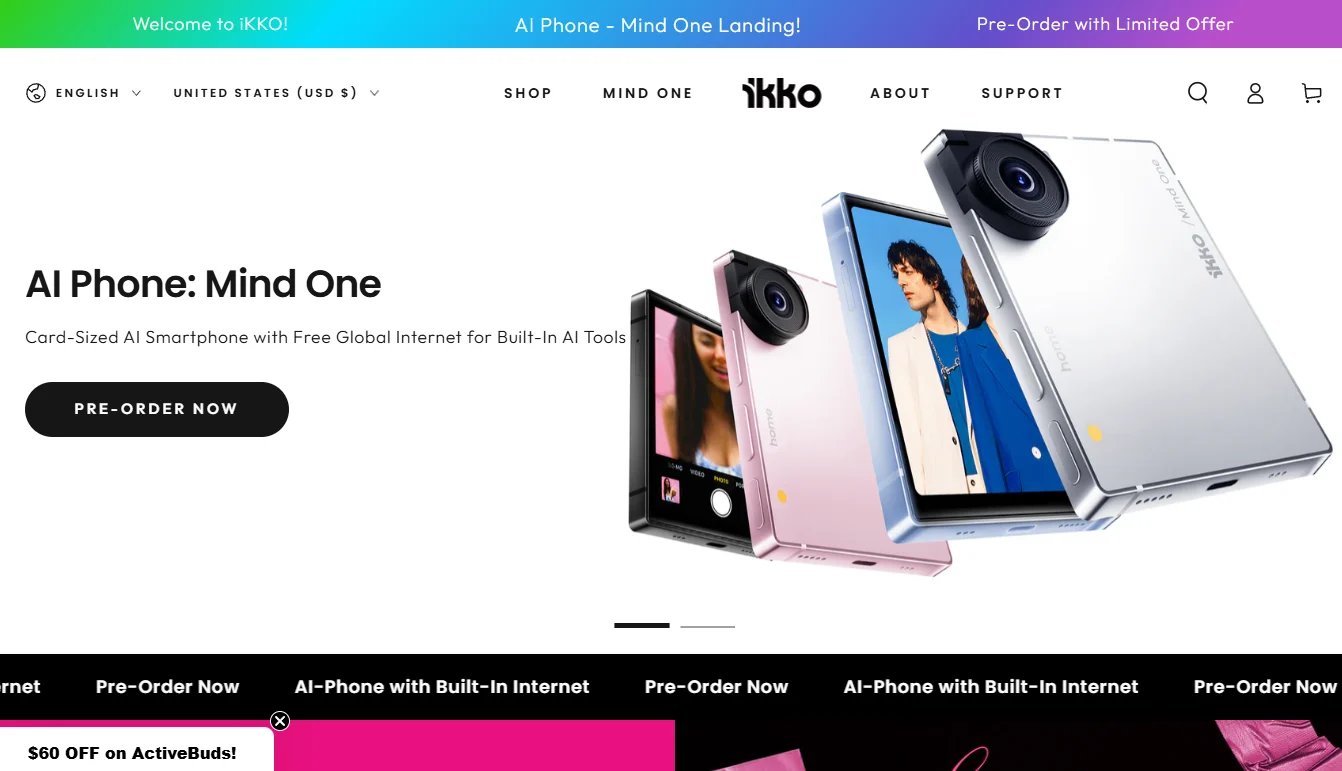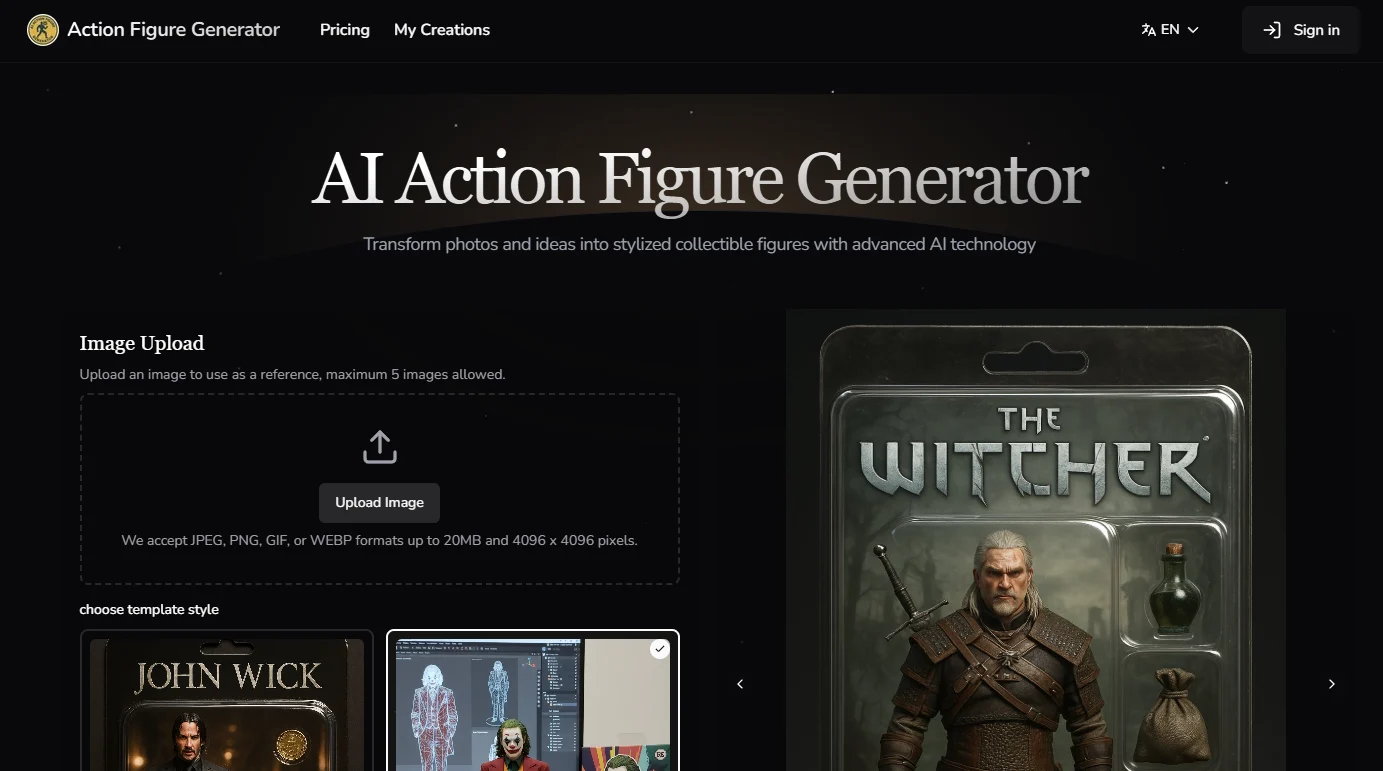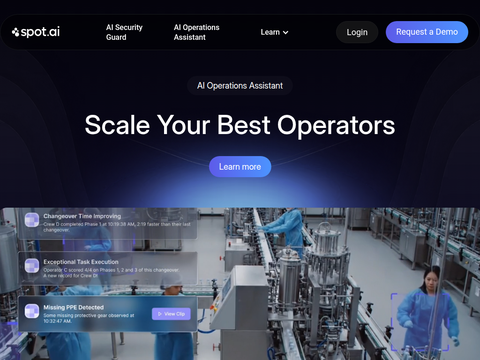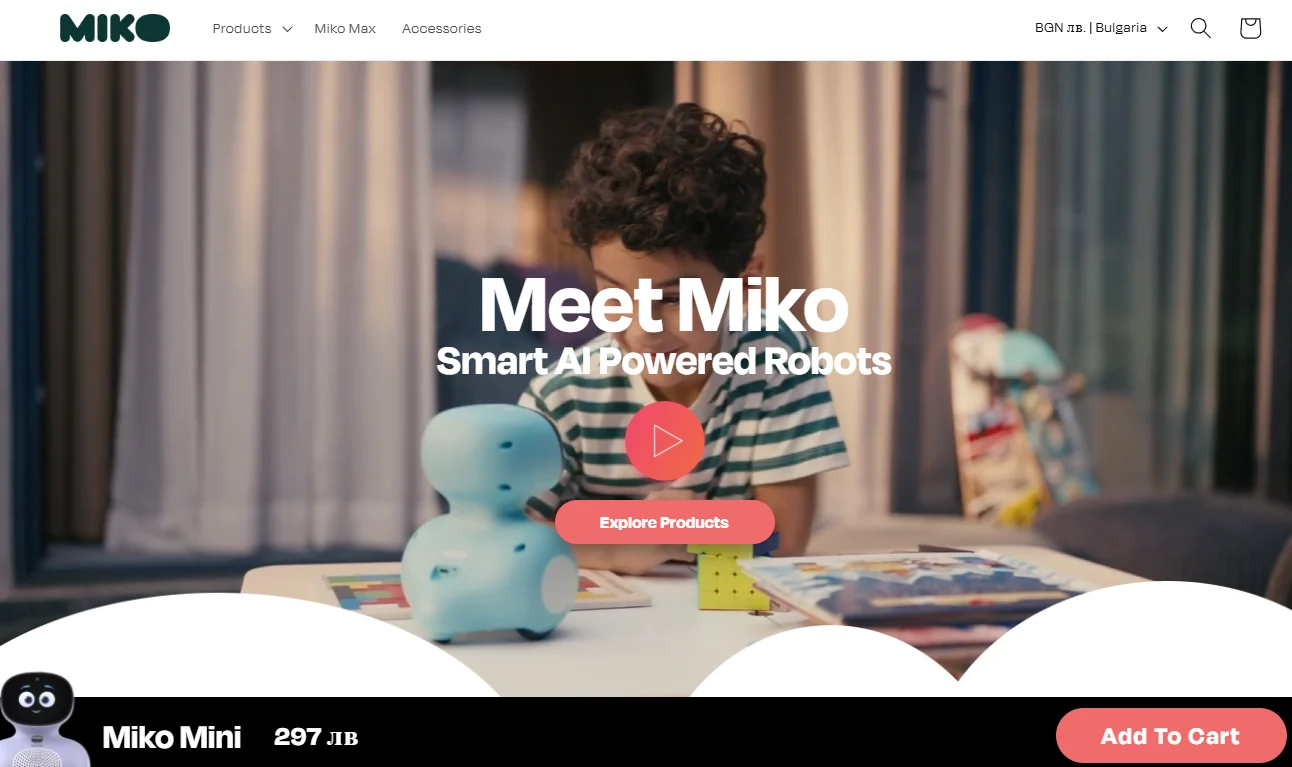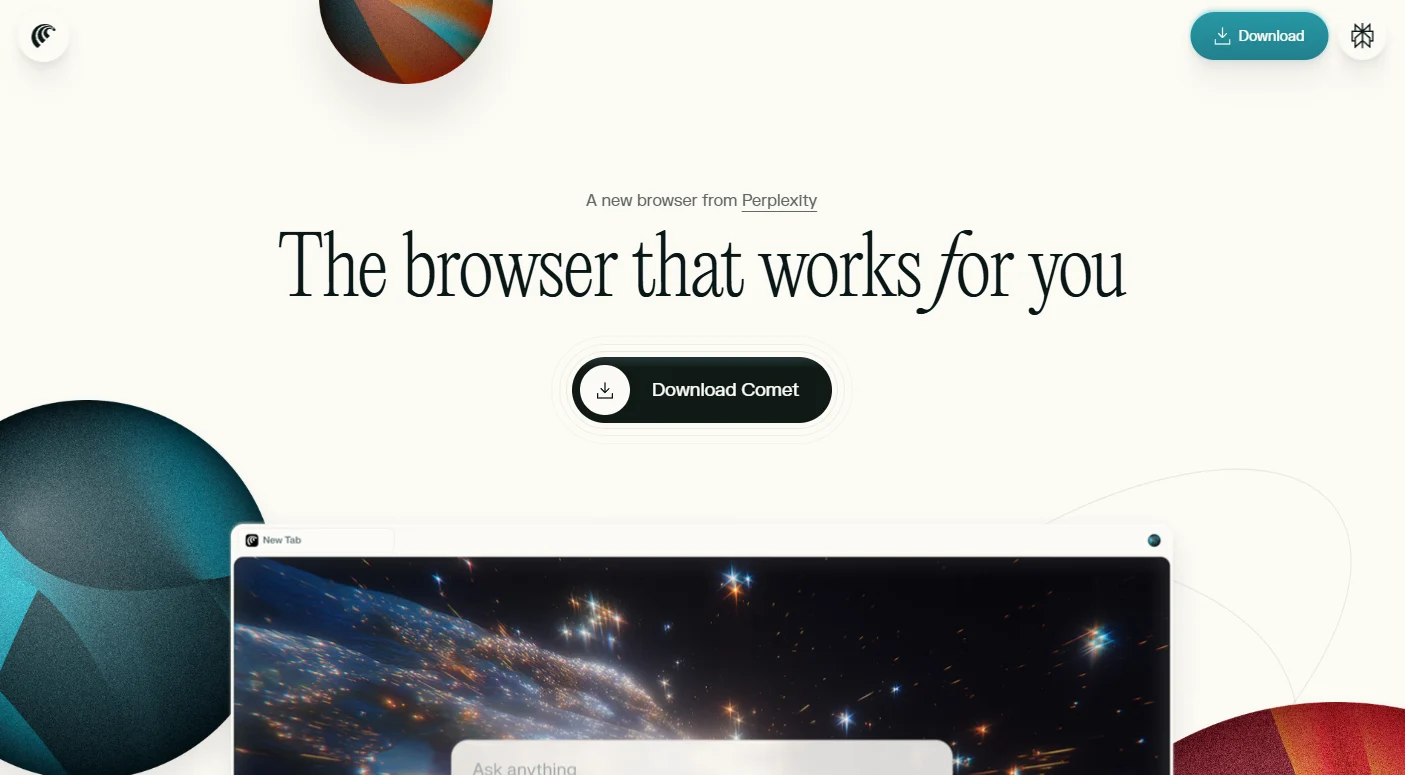According to The Information, OpenAI, the creator of ChatGPT, is contemplating the development of a web browser deeply integrated with its chatbot technology. They have engaged in extensive discussions or reached preliminary collaborations with several prominent websites and application developers, including Conde Nast, Redfin, Eventbrite, and Priceline, aiming to launch products with innovative search capabilities together.
Insiders have revealed that a prototype or design draft of this browser has been seen, with its unique integration approach attracting significant industry attention. This move is set to intensify the competition between OpenAI and Google's current dominance in the browser and search markets. In fact, OpenAI has already entered the search market with its SearchGPT product.
Since the meteoric rise of ChatGPT at the end of 2022, Alphabet, Google's parent company, has faced unprecedented pressure and has been actively enhancing its capabilities in the artificial intelligence sector. Last year, Alphabet introduced its own generative AI chatbot, Gemini, aiming to secure a position in the chatbot market.
However, in the face of OpenAI's robust momentum, Google's stock price dropped by approximately 1% in after-hours trading and fell around 5% by the close on Thursday. Additionally, the U.S. Department of Justice has challenged Google's monopolistic position in the online search sector, recommending the sale of the Chrome browser to mitigate antitrust concerns, thereby jeopardizing Google's dominant standing in the browser market.
Notably, The Information also reported on a potential collaboration between OpenAI and Samsung, a key business partner of Google. It is claimed that OpenAI has explored integrating AI functionalities into Samsung's devices, which would undoubtedly expand its business scope and market influence further.
Meanwhile, OpenAI has forged a close partnership with Apple, with the "Apple Intelligence" feature on new Apple devices being powered by OpenAI's advanced technology. This collaboration not only showcases OpenAI's leadership in the AI sector but also lays a solid foundation for its future growth.
However, despite making initial strides in browser development, The Information notes that OpenAI still has a long way to go before officially launching its browser product. Throughout this process, OpenAI will need to overcome numerous technical challenges and market risks.
As of now, Google, OpenAI, and Samsung have not provided official responses to Reuters' requests for comments. Nevertheless, regardless of the outcome, the market transformation in the browser and search sectors initiated by OpenAI is poised to have profound implications for the entire industry.

